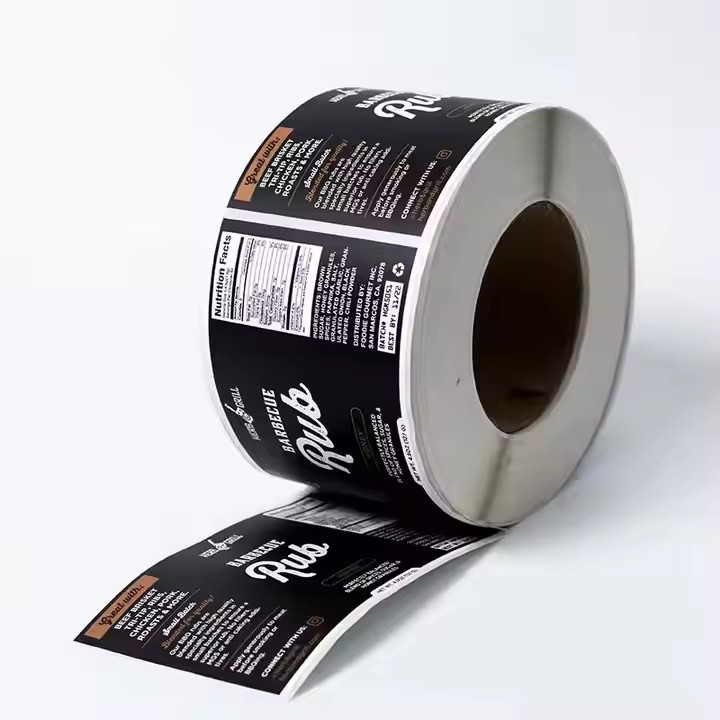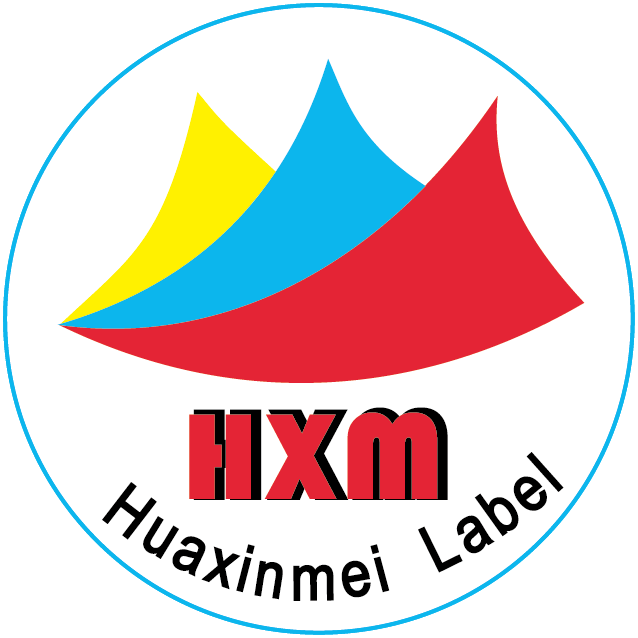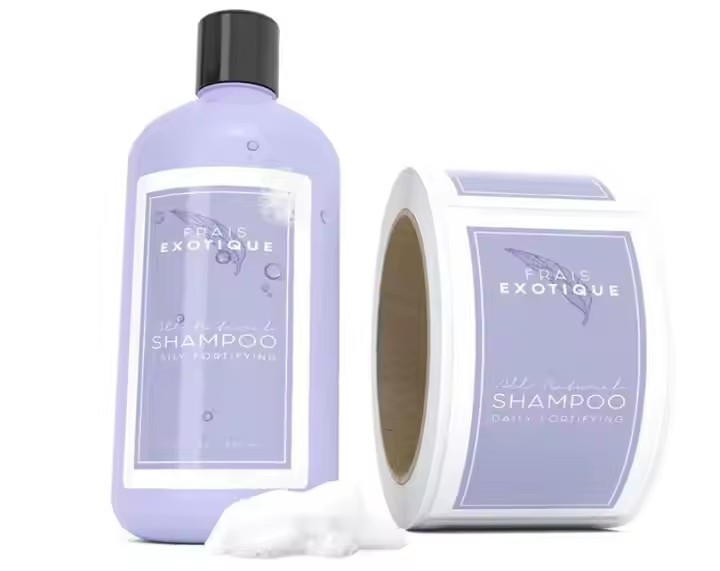In the early stages of production design, factories can add value to their products through aspects like design, advanced production technology, and personnel management. For example, during the initial design phase, designers can create innovative label packaging that incorporates this year’s popular elements, resulting in product labels that appeal to consumers.
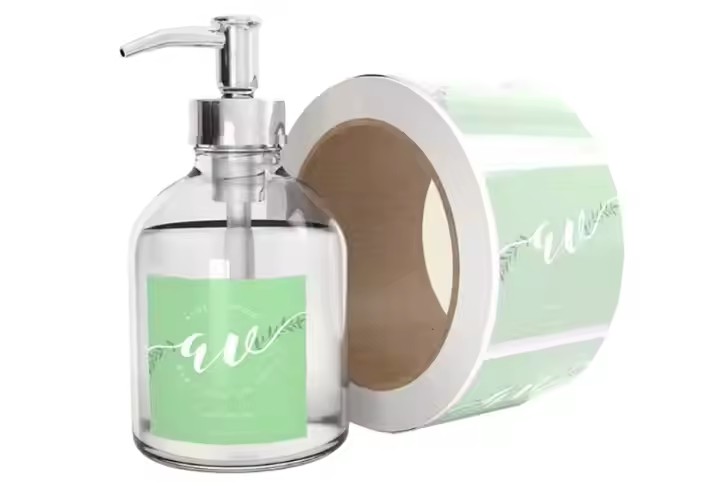
Enhancing Product Recognition
To add value to products and capture a larger market share, factories can start with brand building. Effective brand building helps establish a strong brand image in the market, making it easier for consumers to remember the brand. Marketing through media further raises awareness of the product, leading to greater pricing power. Customized labels can strengthen brand identity. Unique designs that include brand logos, exclusive colors, and fonts help products stand out among competitors. For instance, Apple’s product labels are simple yet elegant, featuring the iconic Apple logo that consumers can easily recognize. This level of brand recognition fosters brand loyalty and encourages consumers to pay a premium for the brand. Another example is Nike, whose iconic checkmark design is straightforward yet memorable, making it a successful branding strategy. This highlights the importance of good design. Therefore, brands should invest significantly in shaping their identity during the design phase to establish a recognizable brand that can command higher premiums and profits.
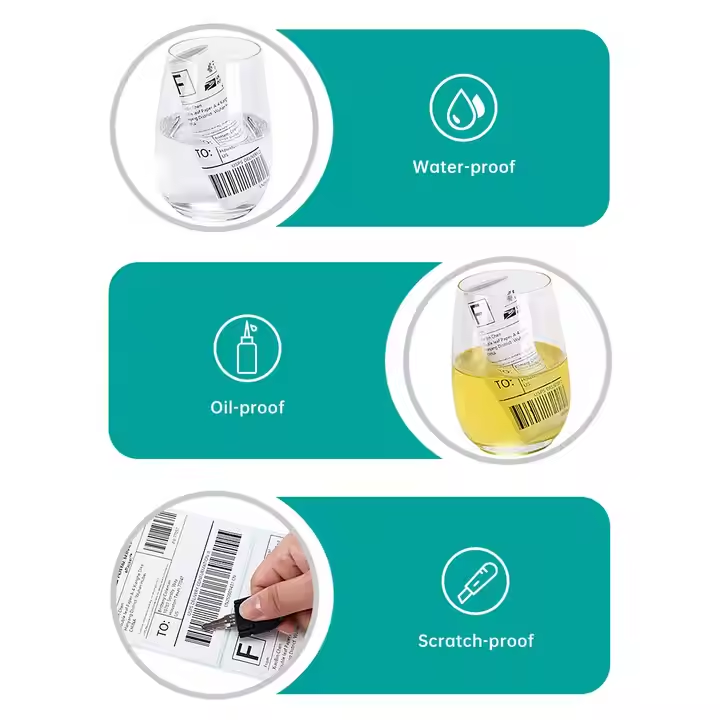
Labels can also convey brand values. If a factory emphasizes environmental sustainability, it can display eco-certification logos, recycling symbols, or relevant slogans on its labels. For instance, organic food manufacturers might include terms like “Organic Certified” or “Non-GMO” on their labels to communicate health and environmental values, attracting consumers who prioritize these principles and thus enhancing product value. As consumer preferences increasingly lean toward sustainability, using eco-friendly materials in product labeling will attract like-minded consumers, making such label designs successful.
Product Differentiation
Customized labels can highlight product features, emphasizing individuality and helping consumers quickly identify products. For electronic products, factories can provide detailed technical specifications and unique functionalities on labels. For example, a headphone label might state “Active Noise Cancellation, reducing noise by up to 30dB” or “Bluetooth 5.3, low-latency connection.” These specific advantages showcased on labels help consumers understand how the product differs from similar offerings, increasing its appeal and competitiveness. Customized labels can also be personalized for different market segments or customer groups.
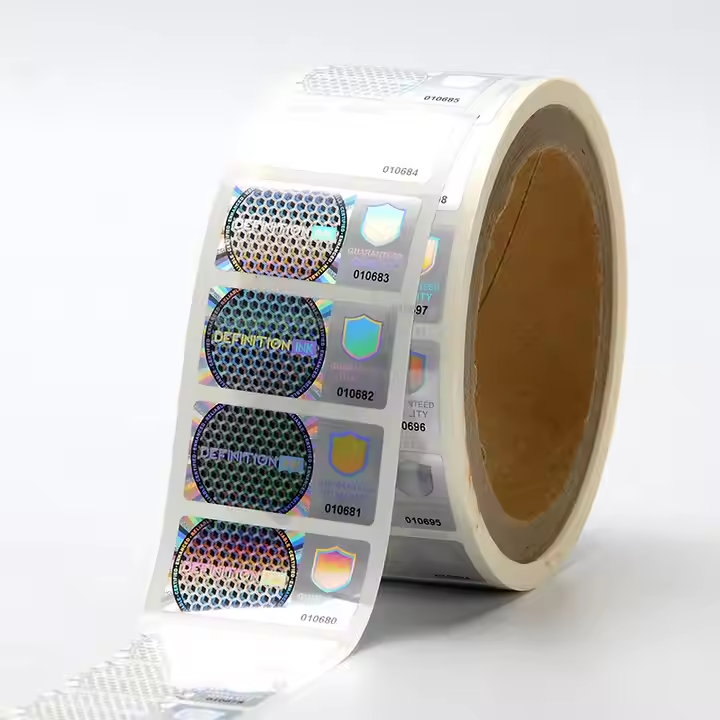
Enhancing Information Delivery
How can label packaging add value? One approach is through detailed product descriptions. Customized labels can offer comprehensive usage instructions. For complex machinery or electronic products, labels can include detailed operating steps, installation guides, and maintenance tips. It’s essential to provide consumers with usage methods that address potential issues. For example, a home 3D printer’s label might include not only product specifications but also download links for 3D printing software, settings for different materials, and maintenance tips. This assists consumers during purchase and use, reducing problems from improper use and improving user experience and product value. By focusing on the consumer experience and addressing potential issues, labels can effectively communicate product quality certifications and compliance information. In many industries, products must meet specific standards and certifications, such as ISO quality management system certification or CE marking (European safety, health, and environmental standards). Displaying these certification logos and related information on labels instills consumer confidence in product quality. For instance, showing compliance with the EU EN71 toy safety standard on a toy label enhances consumer trust, making them willing to pay more for high-standard products.
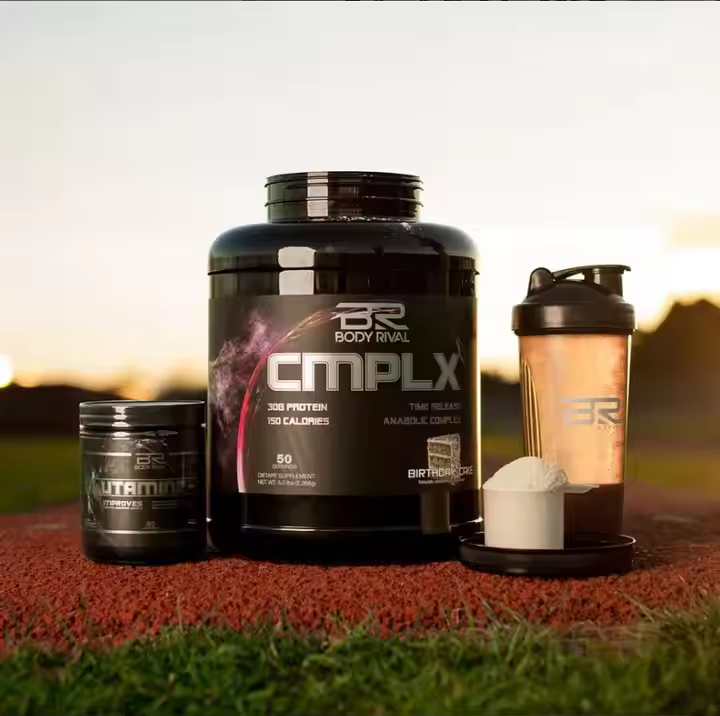
Meeting Consumer Emotional Needs
By providing a personalized experience that competitors lack, brands can win over consumers. Curiosity drives people, and using this trait as a marketing hook can effectively meet emotional needs. Customized labels can offer consumers a unique experience. Some factories allow consumers to personalize label content, such as adding special messages, photos, or custom designs on gift products. For instance, a craft factory might create labels featuring important dates or initials of couples, making the product a unique gift that fulfills consumers’ emotional expression needs and elevates the product’s value in their eyes. Personalized label designs resonate with consumers’ desires to showcase their uniqueness. Brands can leverage this marketing point in label design or use universally appealing messaging to highlight the product’s distinctiveness. For limited edition or commemorative products, customized labels can create a sense of scarcity and uniqueness. For example, a factory might produce a limited-edition watch with exquisite label design stating “Limited Edition XX pieces” or “Commemorating XX event,” with the label number corresponding to the product number, making consumers feel that the product has special significance, thereby enhancing its collectible value and appeal.
